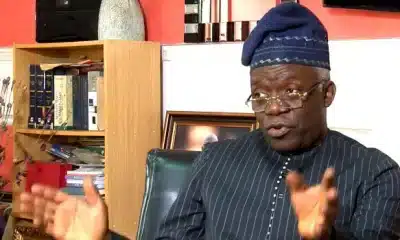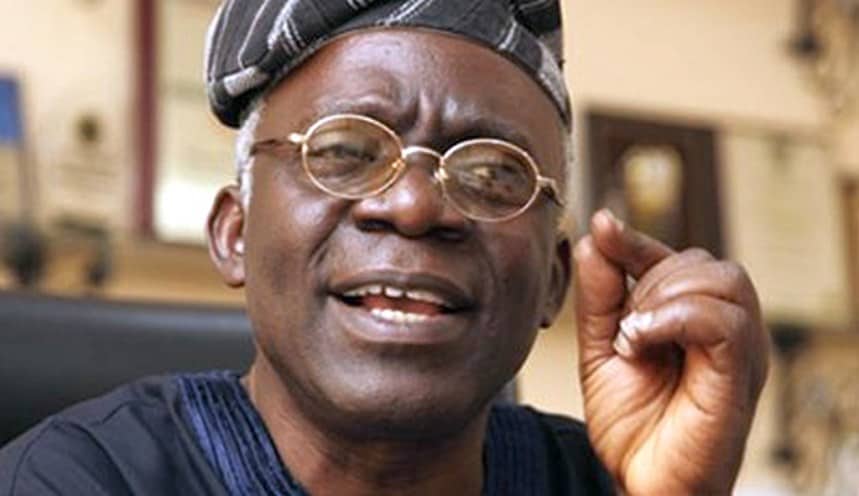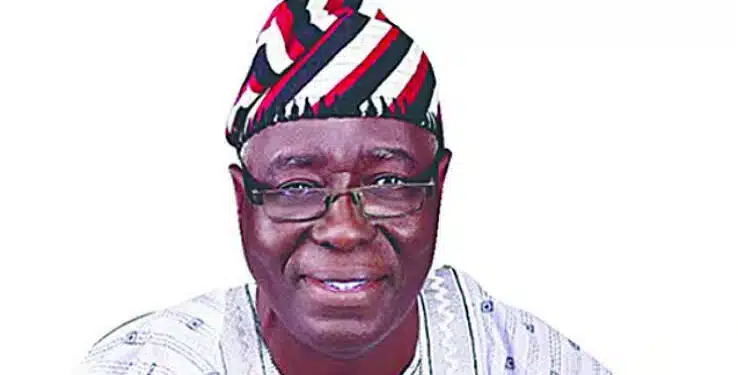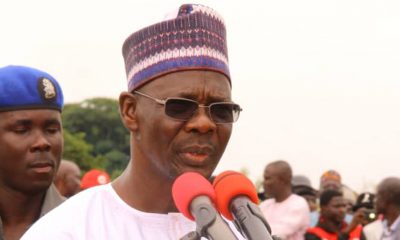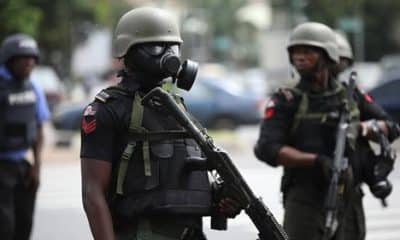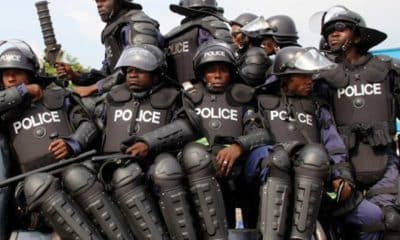Nigeria News
Why State Police Won’t Work If Established – Nnamani
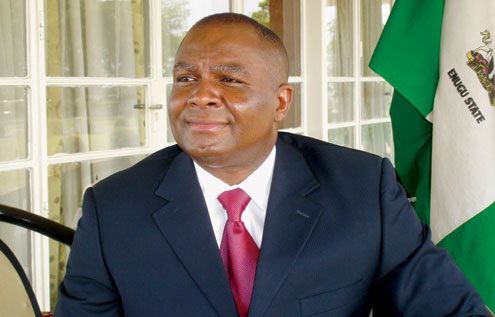
A former Governor of Enugu State, Chimaroke Nnamani, has revealed why state police will not work in Nigeria if established.
Speaking on a programme on Channels Television, ‘Sunday Politics’, Nnamani noted that the call for state police in Nigeria as part of efforts to improve security will not yield any fruit.
The Senator representing Enugu East Senatorial District in the National Assembly asserted that for state police to work in Nigeria, it has to be uniform and standardised in the 36 states.
The lawmaker noted that If the creation of police is not uniform, then it is inherently unequal.
He said: “State police will not work in Nigeria. Remember that we had some form of state, regional police. We had an ordinance 4 of 1916 that formally established regional police, native authority police in the north, and also in western Nigeria,” Nnamani said.
“There were factors that led to the abolition of state police. With the 1966 coup and the emergence of the Ironsi government, a government committee was appointed to study policing in Nigeria. They presented their report in 1968. All those factors that led to the abolition of regional police and formal entry into the state police have not changed.
“Nigeria is organic; it’s one unit. For you to have state police, it means it has to be uniform in the 36 states; it has to be standardised in the 36 states. If it is not uniform, then it is inherently unequal.
“You’re going to have state police in a state like Lagos state with a poverty rate of 10 to 20 percent, compared to states that have poverty rate of 81 percent. How are you going to pay them?
“So, if you police Lagos effectively, what is the guarantee that you’ll be able to police states in other regions effectively? The standards are going to be different. Then, of course, there are the factors that led to the abolition of state police in the beginning — elite capture of the system, influence by political and traditional players.”

